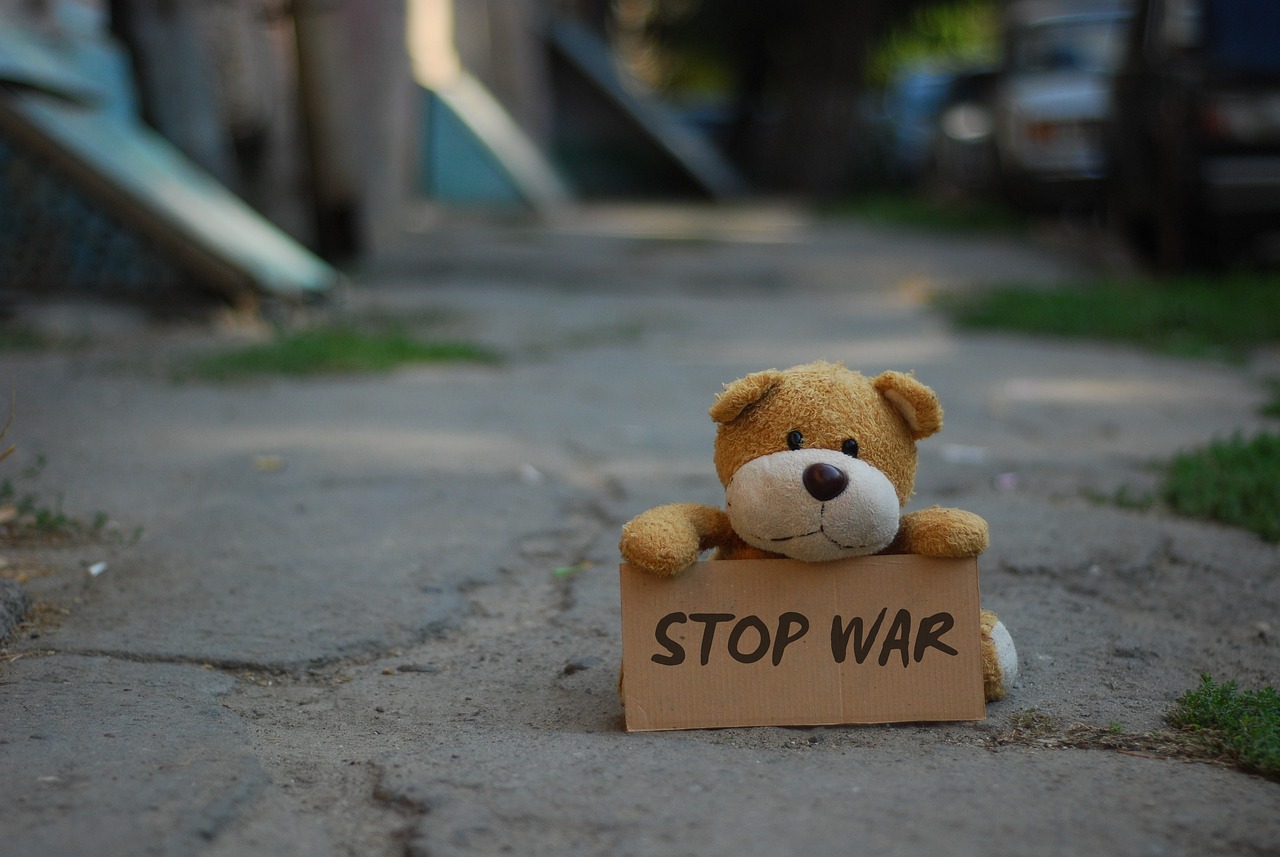In a world marked by conflicts and tensions, the concept of war looms ominously. Yet, amidst the chaos, humans possess an inherent inclination towards avoiding war and seeking peace. This article delves deep into the complexities of this phenomenon, exploring the evolutionary, psychological, and social factors that underpin our quest for harmony. Understanding why humans shun war may shed light on fostering a more peaceful world.
The Evolutionary Roots of Peace
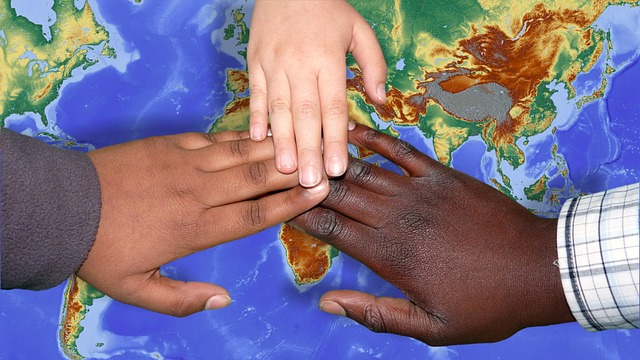
Image Courtesy: Ralphs_Fotos/ pixabay
Throughout history, humans have evolved as social beings, thriving in communities where cooperation and empathy were vital for survival. While competition may have been a part of our evolutionary journey, it was the ability to collaborate and form alliances that ultimately ensured our continued existence. This ingrained instinct to cooperate for the collective good has profoundly influenced our aversion to war.
The Power of Empathy and Compassion
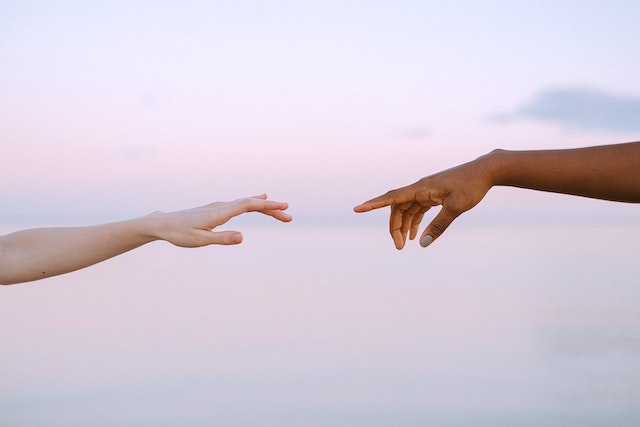
Image Courtesy: Anna Shvets/ Pexels
At the core of our desire to avoid war lies the profound capacity for empathy and compassion. Empathy allows us to understand and share the feelings of others, fostering a sense of connection that transcends cultural and geographical boundaries. When we recognize the pain and suffering of our fellow beings, the impulse to resort to violence diminishes. Instead, we seek non-violent resolutions and peaceful negotiations to address conflicts.
Cognitive Dissonance: Resolving Conflict within Ourselves

Image Courtesy: Anna Shvets/ Pexels
Humans possess a remarkable ability to experience cognitive dissonance – the mental discomfort arising from holding conflicting beliefs or values. The desire for peace and harmony clashes with the concept of war and violence. To alleviate this dissonance, we often gravitate towards peaceful solutions, finding ways to reconcile our beliefs and actions.
The Influence of Culture and Society
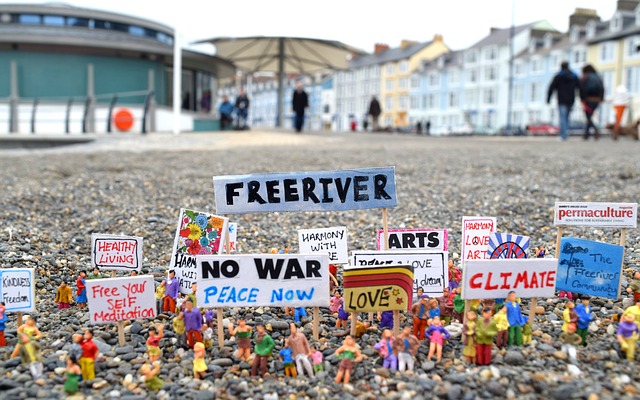
Image Courtesy: stuarthampton/ pixabay
Culture and society play a pivotal role in shaping our perspectives and behaviors. Societies that prioritize diplomacy, dialogue, and conflict resolution become breeding grounds for peace-seeking individuals. Cultural norms and values foster a collective commitment to peace, where war is viewed as a last resort, not a first option.
Education for Peace
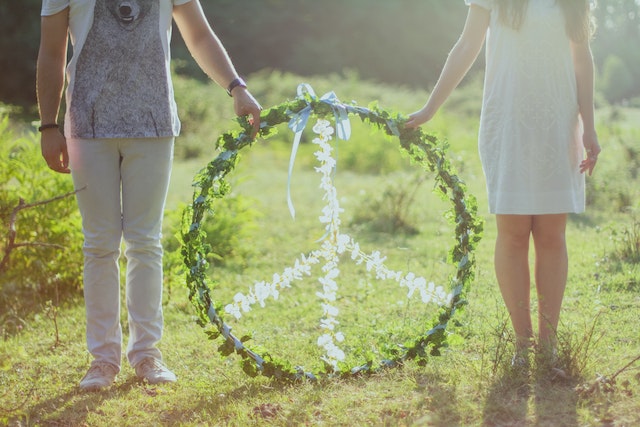
Image Courtesy: Anastasiya Lobanovskaya/ Pexels
Education acts as a powerful tool in shaping attitudes and mindsets. When individuals are exposed to education that promotes empathy, tolerance, and peaceful problem-solving, they become advocates for peace. By cultivating a generation of peace-conscious individuals, we pave the way for a more peaceful world.
Leadership and Diplomacy
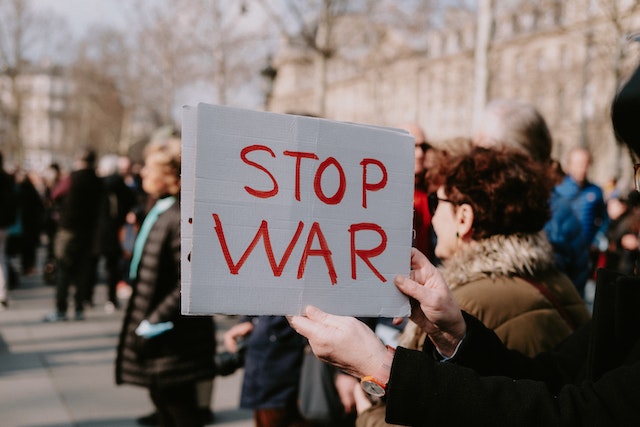
Image Courtesy: Mathias Reding/ Pexels
Leadership and diplomacy hold the potential to alter the course of history. Visionary leaders who prioritize peace over aggression create a ripple effect that permeates societies, inspiring people to follow a path of understanding and collaboration. Diplomatic efforts, backed by genuine intentions, may de-escalate conflicts and foster resolutions that avoid the horrors of war.
Economics of Peace
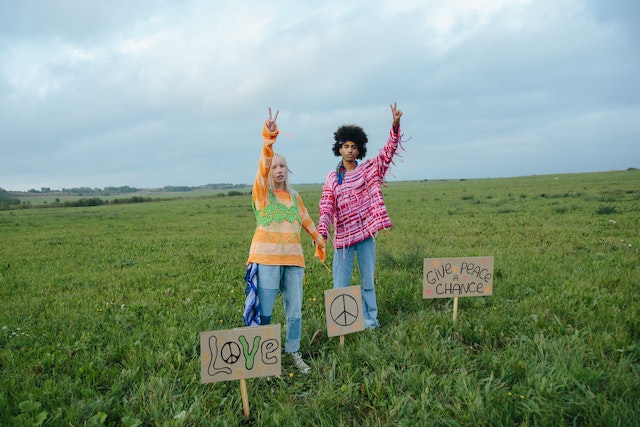
Image Courtesy: cottonbro studio/ Pexels
Peace fosters prosperity, and prosperity, in turn, reinforces peace. Nations embroiled in conflict experience economic setbacks, hindering progress and development. On the other hand, peaceful nations thrive economically, enjoying stability and growth. This interdependence between peace and economics further drives our inclination to avoid war.
The Role of Media and Information
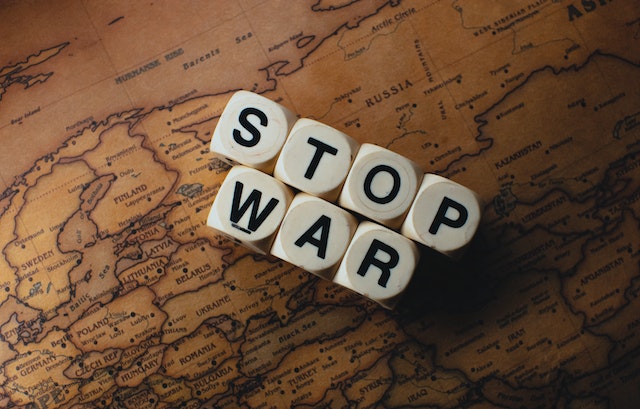
Image Courtesy: Nothing Ahead/ Pexels
The media wields tremendous influence in shaping public opinion and perception. By emphasizing the horrors of war and its devastating consequences, the media reminds us of the futility of violent solutions. Furthermore, access to accurate and unbiased information empowers individuals to form well-informed opinions, fostering a commitment to peaceful resolutions.
The Psychological Impact of War
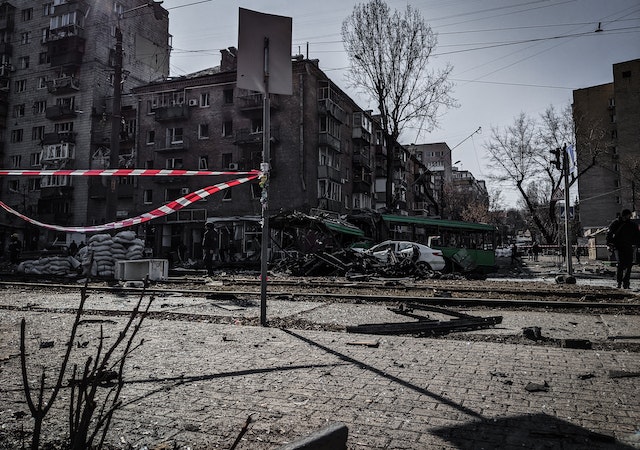
Image Courtesy: Алесь Усцінаў/ Pexels
While the drive to avoid war stems from positive factors, there are also psychological reasons behind our aversion to conflict. War inflicts profound trauma on individuals and societies, leaving scars that may never fully heal. The fear of losing loved ones, witnessing atrocities, and experiencing displacement leads to a collective desire to preserve peace at all costs.
A Testament to Resilience
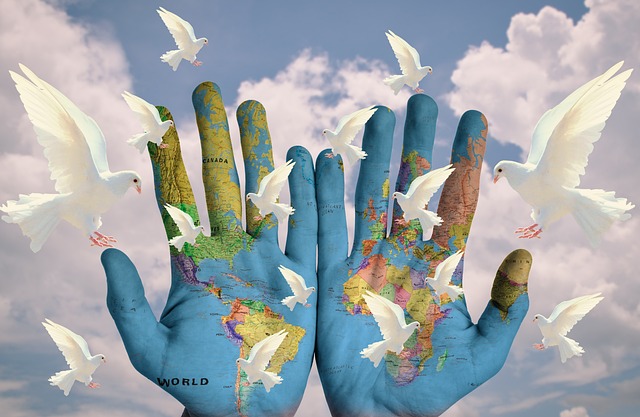
Image Courtesy: NoName_13/ pixabay
Human history is replete with tales of resilience and triumph over adversity. Throughout various conflicts and periods of war, individuals and communities have demonstrated immense courage and determination to rebuild their lives and seek reconciliation. These stories inspire us to overcome differences and strive for peaceful coexistence.
In conclusion, the human aversion to war is a testament to our capacity for empathy, compassion, and cooperation. Our evolutionary journey, cultural influences, education, and societal values all contribute to this profound inclination towards peace. Understanding and embracing these aspects may help us cultivate a world where conflicts are resolved through dialogue, understanding, and respect for human life. As we move forward, let us nurture the seeds of peace within ourselves and sow them across the world, fostering a future where war is but a distant memory.
Featured Image Courtesy: murrrchalla/ pixabay

